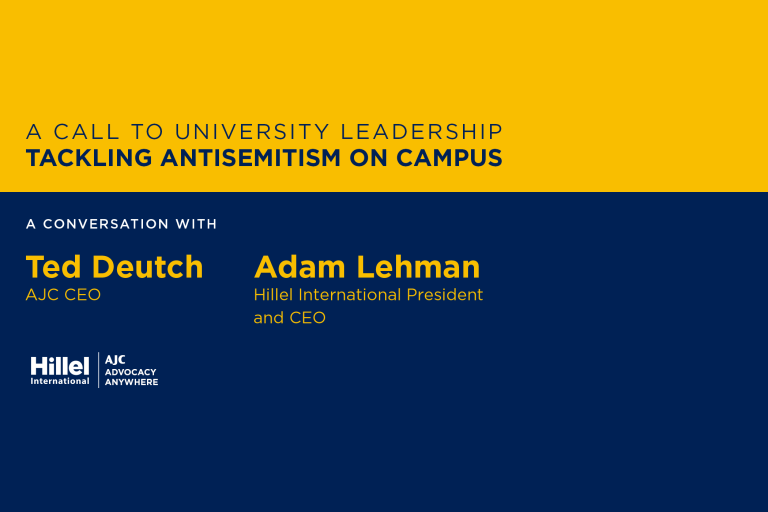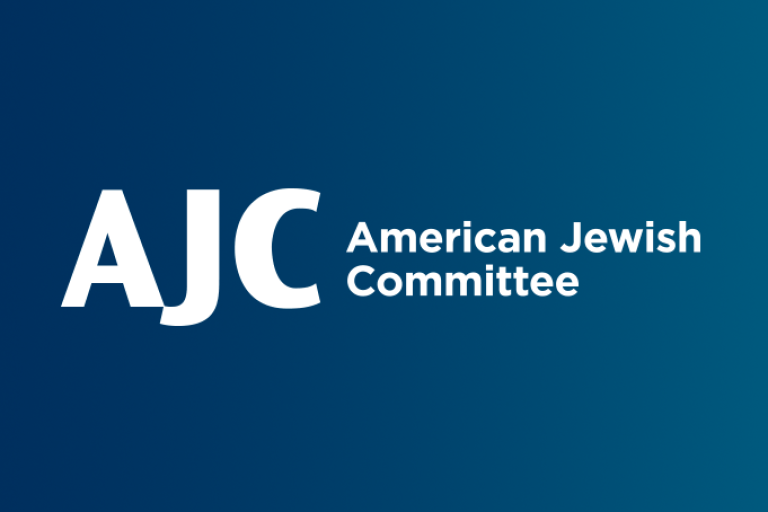February 12, 2020 — Paris, France
The murder of four people in the Hyper Cacher kosher store in Paris in January 2015 served as a wake-up call to Europe and much of the world what French Jews had known for a long time: European antisemitism was back, and with a vengeance. This attack, coming on the heels of the Charlie Hebdo atrocity, could no longer be ignored. The vicious hatred for Jews that had been bubbling just under the surface among Europe's Islamist extremists—not to mention the far-right and far-left political fringes—had boiled over.
From the beginning of the 2000s, while the Second Intifada was raging, France saw a worrying and rapid rise in public expressions of prejudice and violence against Jews. Anti-Zionism became an excuse to openly express hatred against the Jewish community.
Halimi was a 23-year-old French Jew who worked as a salesman in a Paris cell phone store. He lived with his mother, who worked as a secretary, and his two younger sisters.
On January 21, 2006, a group calling itself the Gang of Barbarians kidnapped him. Subscribing to an old antisemitic stereotype, the perpetrators—led by Youssouf Fofana, a Paris-born son of Ivorian immigrants—believed that Halimi must be rich, and demanded a ransom of 450,000 Euros, which his family could not afford.
At least 27 people took part in the abduction and torture, and many more are believed to have known about the crime. None of them notified his family or the authorities while Halimi was tortured and maimed for 24 days.
On February 13, 2006, Halimi was found naked, handcuffed, and barely alive, at a Paris train station. More than 80% of his body was covered with burns, an ear and a toe had been cut off, and his genitals had been mutilated. He died while being transported to the hospital.
The antisemitic inspiration behind the murder was confirmed at the trial of his killers. Fofana, the ringleader, was sentenced to life in prison, while more than 20 others received lesser jail terms.
The case generated immediate shock in France: for the first time since World War Two, a person was publicly recognized as having been murdered simply for being Jewish. An earlier case, the brutal killing of 23-year-old French Jewish DJ Sebastian Sellam, who was mutilated and assassinated by his neighbor in 2003, was only later recognized as antisemitic in nature.
Yet even as the French Jewish community experienced a new sense of foreboding that has lingered ever since, renewed by other anti-Jewish attacks, much of the rest of French society quickly moved on to other concerns. Only Jewish organizations and a few politicians mourned and payed tribute to Halimi’s memory at the time.
But Halimi’s case must not be forgotten, for it has profound policy implications for the global fight against antisemitism today. Halimi was one of the first victims of this new European antisemitism, which has struck again and again in recent years, driving Jews away from Europe and emboldening those who wish harm on the continent’s Jewish communities.
As Jews in the United States are experiencing their own resurgence of this ancient hatred – from the Charlottesville rally in 2017, the Pittsburgh Tree of Life shooting in 2018, and recent attacks in Poway, Monsey, Jersey City, Brooklyn, and elsewhere – Halimi’s murder serves as a poignant reminder for the need of a zero-tolerance antisemitism policy.
The incidents in the U.S. and Europe highlight how ideologies that otherwise have little intellectual and spiritual overlap unite in their hatred of Jews, which quickly spirals into physical violence, and demonstrate that a certain transatlantic convergence is underway.
It is therefore critical that Jews in the U.S. learn lessons from Europe and avoid the same mistakes that have claimed the lives of so many innocent people. In Europe, Jewish communities continue to suffer the grim consequences of blindness towards an increase in antisemitism and the lack of political response to it. There is still an urgent need in France, and Europe as a whole, for political action to better match the pace of the phenomenon.
AJC offices across Europe and the U.S. are working with national and local governments to fight back, raising awareness among societies at large and advocating for zero-tolerance plans to fight antisemitism. The end of antisemitism will come too late for Ilan Halimi, but Europe’s Jewish communities – and Jews in the U.S. – must still be protected from this hatred.


